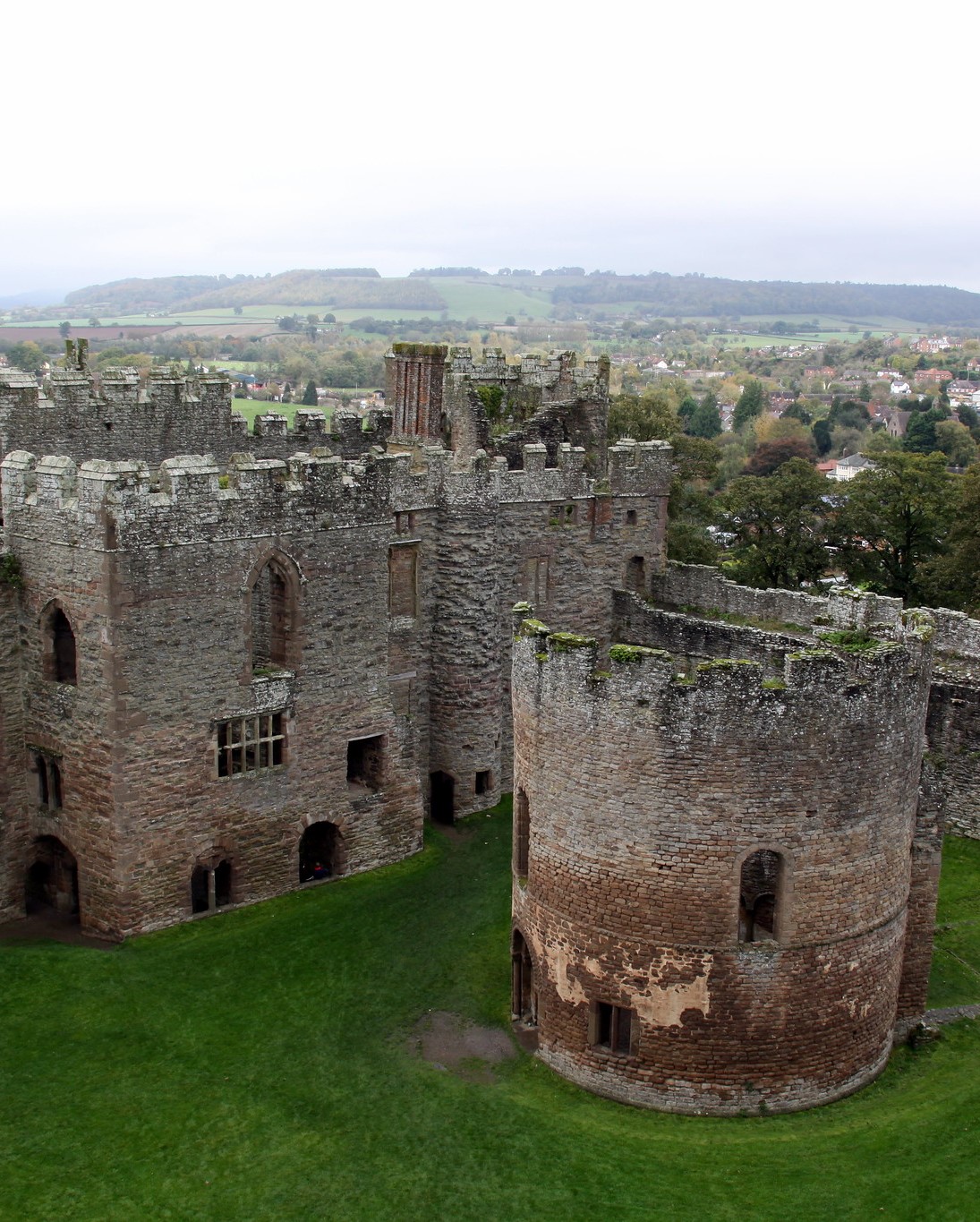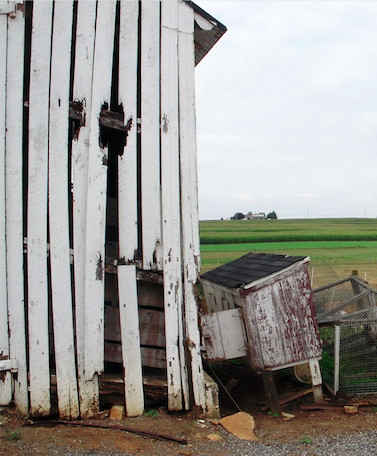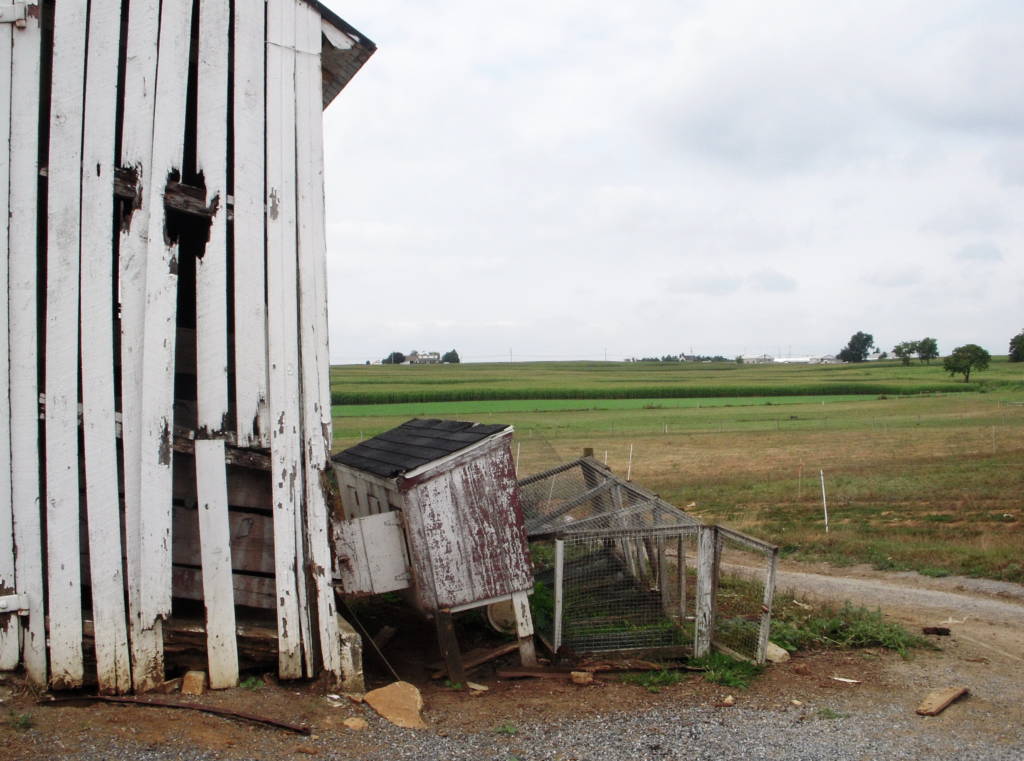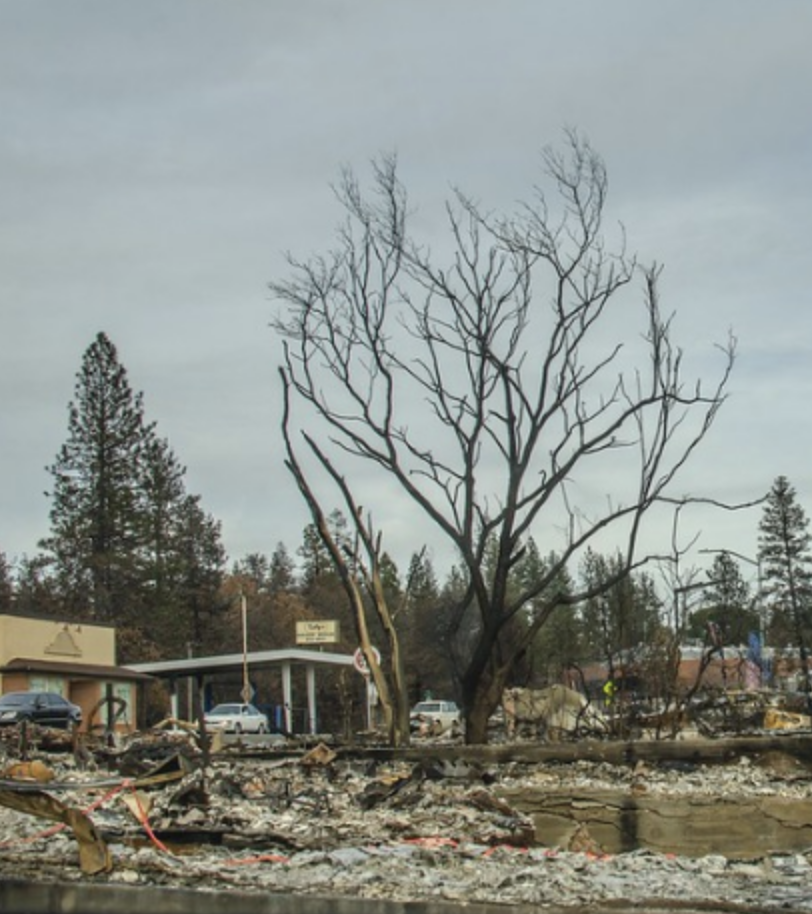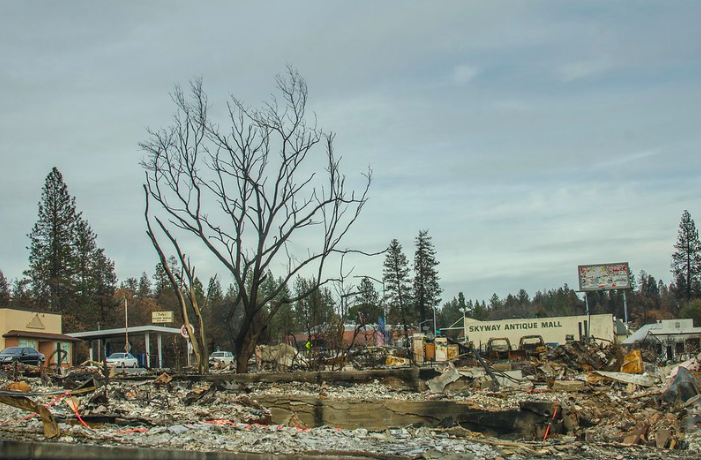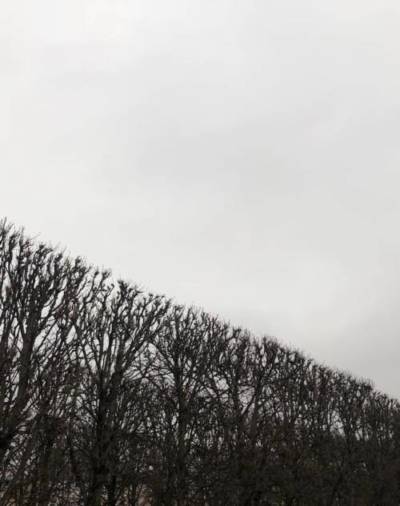We arrive at night, landing at West Palm International, still wearing jeans and fleece jackets as we step into the Florida night and walk to the taxi stand through air softened by warmth and humidity. Fifteen minutes later my sister and I stumble over the tiny brick path that leads from the edge of the cul-de-sac to the front door, swatting at mosquitos while my dad punches in the security code, everybody exhausted but excited to finally be back. It’s always like this, in all my memories of the place – an evening flight out of Boston landing us in West Palm sometime between ten and midnight, the night always clear, the air a humid 73.
The house belonged to my grandparents. Every February while I was in elementary school, my family would stay there for a week, a brief respite from the New England winter. My grandparents purchased the house as an eventual retirement home, but my grandfather had still not retired, and so the house occupied a strange sort of limbo, going entirely un-lived-in over the summer, and seeing only nine or ten weeks of use in the rest of the year. We returned each year to a sterile, static domicile that was clearly nobody’s home, greeted by the same immaculate white carpets, spotless tabletops, and barren kitchen. The house felt like a blank canvas over which our vacations were painted; it functioned simply as a base of operations. And this was the role my parents wanted it to play, because they were always desperate to get out of the house, to not let their week off go to waste. But for me, the house, and the similarly sterile neighborhood around it became the consummate vacation setting. February vacation came to be synonymous with Florida, the days 80 degrees and sunny, the blacktop so hot that wiffleball games couldn’t be played barefoot, the nights cool and humid and echoing with the hooting, melancholy whistle of the night train that passed along the outskirts of the gated community just after my nine-thirty bedtime.


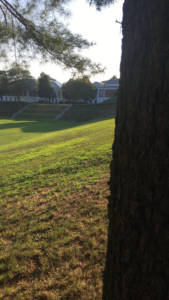
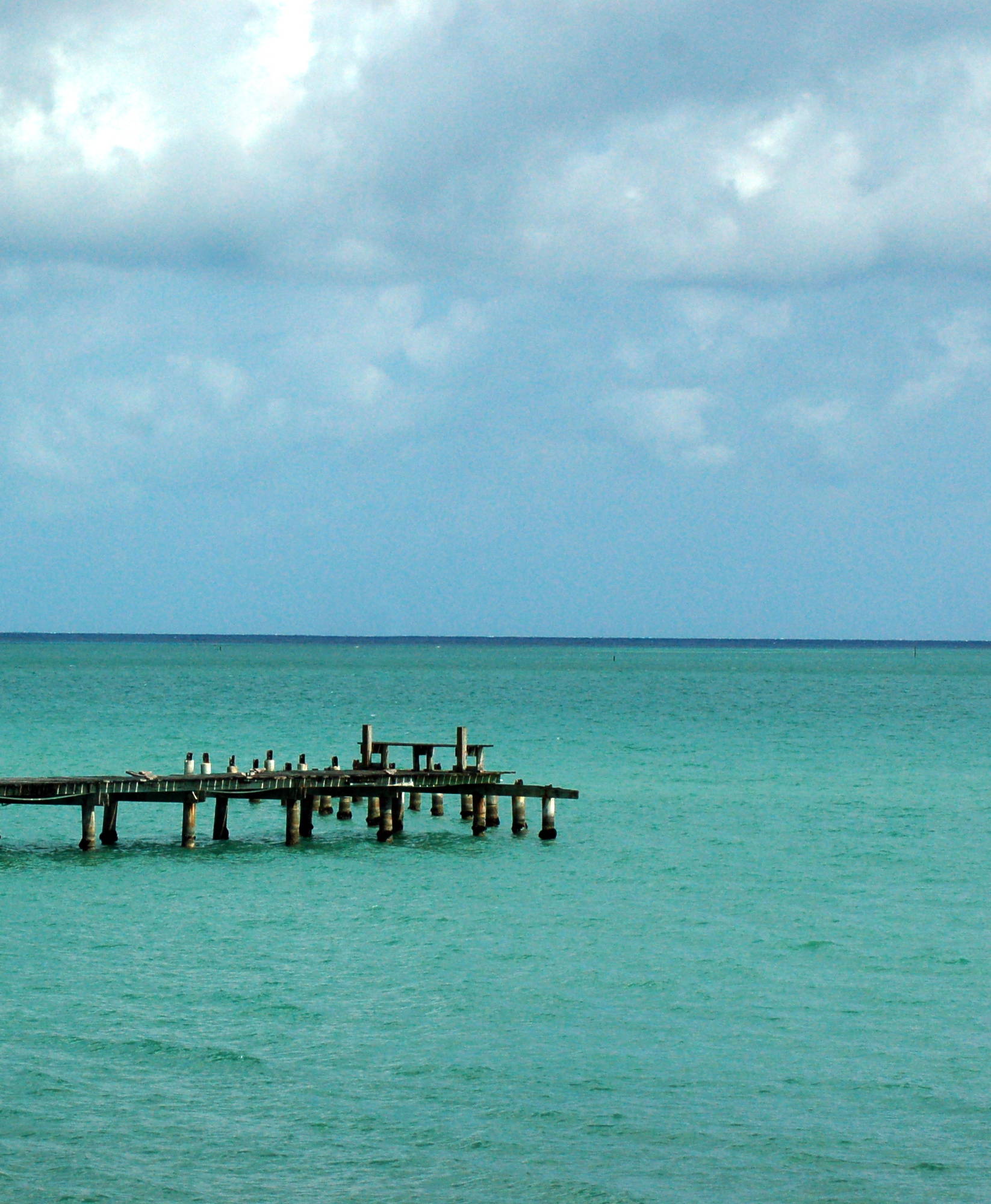

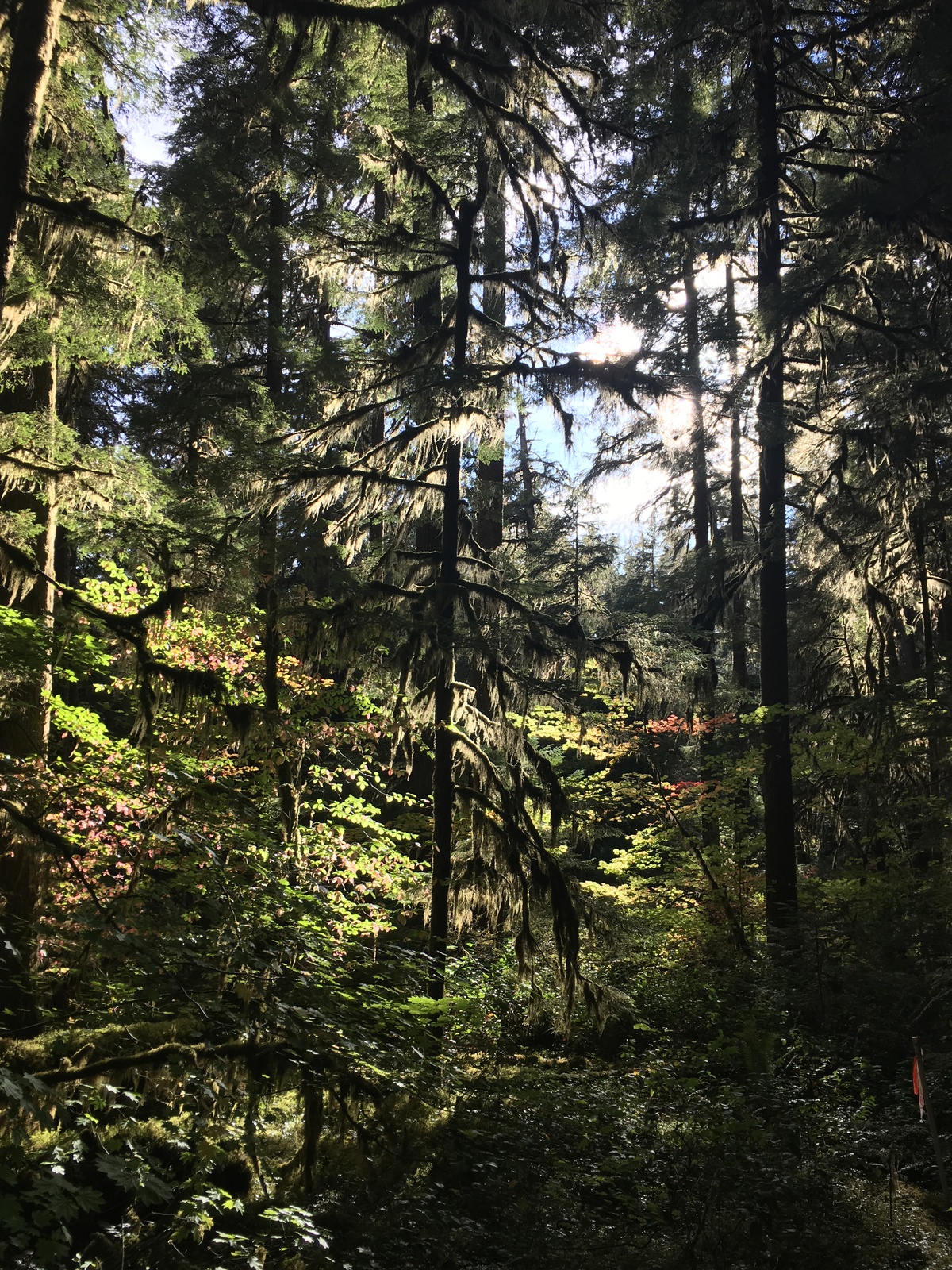


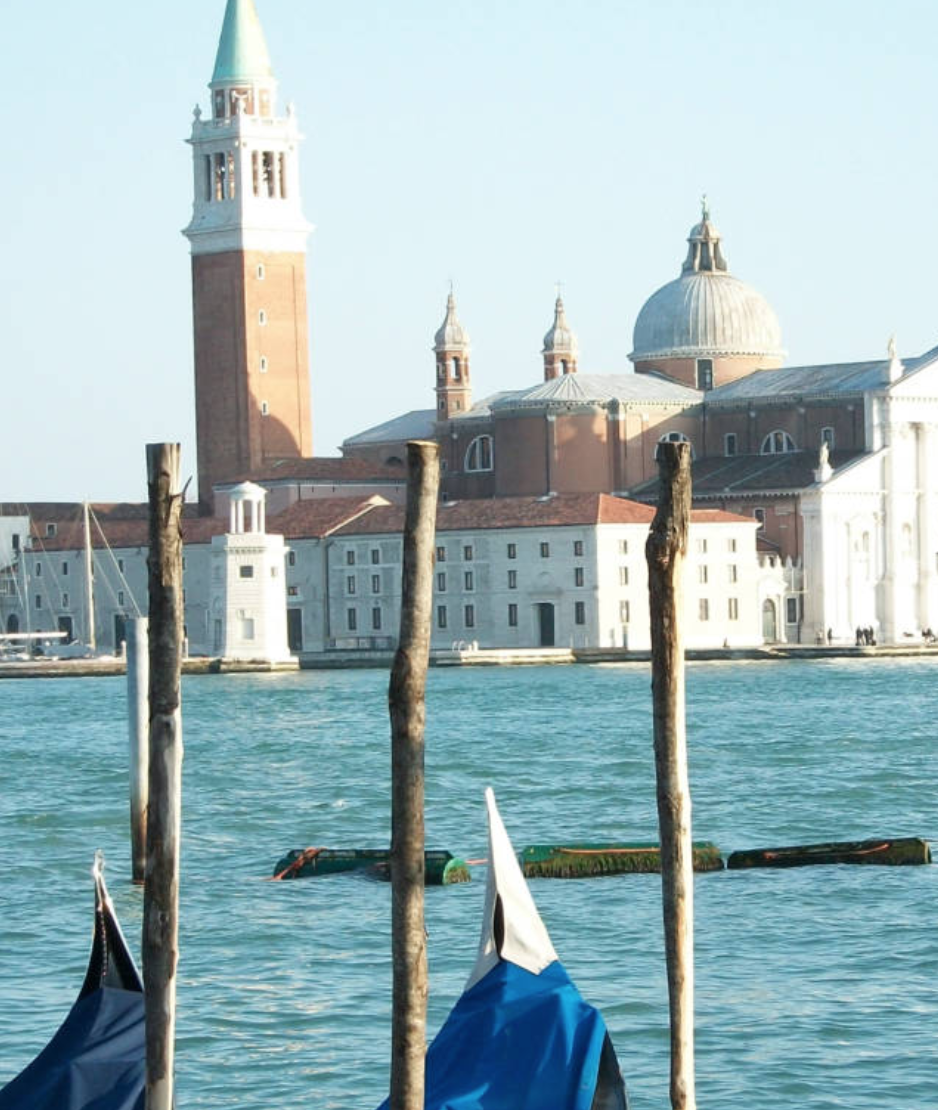
 Venice, Italy
Venice, Italy